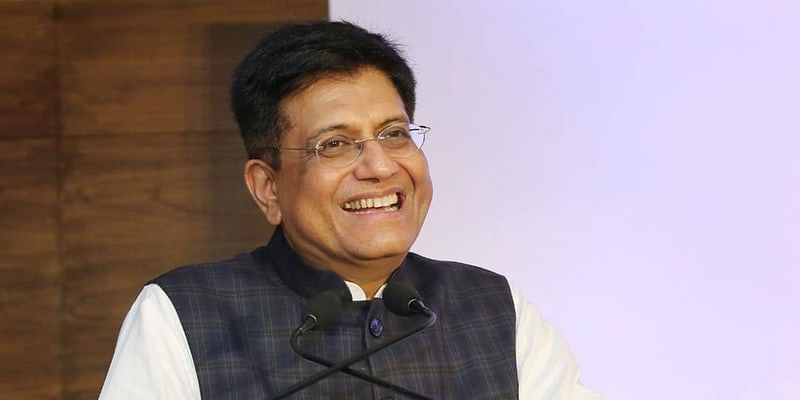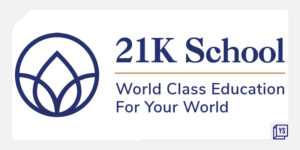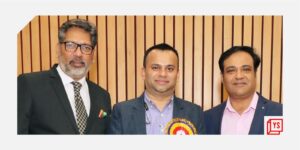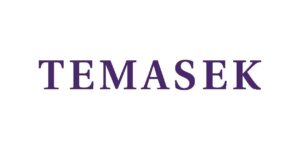Commerce and Industry Minister Piyush Goyal has said that in the talks for the proposed free trade agreement between India and the UK, the focus is on what is acceptable to both countries and not allow sensitive issues to scuttle the discussions.
He also said that student visas are never part of a free trade agreement (FTA).
India has recently concluded the sixth round of talks with the UK and the next round will be held soon.
Negotiations with the UK started on January 13 last year with an aim to boost bilateral trade and investments. The bilateral trade between the two countries increased to $17.5 billion in 2021-22 compared to $13.2 billion in 2020-21. India’s exports stood at $10.5 billion in 2021-22, while imports were $7 billion.
“With UK , our approach is let’s focus on what is acceptable to both the countries and let us not allow sensitive issues to scuttle our discussions,” Goyal told reporters here.
When asked about a statement of a UK official that granting more students visas for India is not part of this agreement, Goyal said: “Have you ever heard of student visas being part of FTA? How many students go there (UK) to study? It’s never a part of an FTA”.
British trade minister Kemi Badenoch, who is in-charge of the negotiations, recently stated that the trade agreement is expected to be clinched this year, but it won’t involve any boost of free movement visa offers for Indians.
In an interview with ‘The Times’ recently, the UK Secretary of State for Trade also ruled out any major similarities between the FTA the UK struck with Australia post Brexit and the proposed deal with India.
Goyal said FTAs are never negotiated either in newspaper articles, news conferences or in public functions, and these agreements are “serious” functions that happened amongst officials and at higher political levels also discussed when required.
“That’s hardcore negotiations and it has to be a win-win for both countries,” he added.
Talking about the proposed trade deal with Canada, the commerce minister said that with Canada, India is looking at an early harvest agreement, which is called an early progress trade agreement .
In this, “we are hoping to capture the low hanging fruits, so that the businesses can start enjoying the fruits faster and when people start seeing the benefits,” he added.
Replying to a query on India’s decision to opt out from the trade pillar of the 14-member Indo-Pacific Economic Framework (IPEF), Goyal said if India would find it in the interest of the country, it will be happy to join that pillar.
India opted out from the trade pillar “because we do not know the final contours, we don’t know whether there are any binding commitments, we don’t know whether there will be any restrictions which can hurt our manufacturing or hurt our economy.
“So until we see exactly what are the contours that are there and what are the benefits that are there, until that time we have said, we will observe what you (13 members of the IPEF) all are doing ,” he said.
India has not yet opted for it, as it is waiting to see what would be the final contours of this trade pillar and what it will get, he added.
The IPEF was launched jointly by the US and other partner countries of the Indo-Pacific region on May 23 in Tokyo. The 14 IPEF partners represent 40% of global GDP and 28% of global goods and services trade.
The framework is structured around four pillars relating to trade, supply chains, clean economy, and fair economy. India has joined three pillars–supply chains, clean economy, and fair economy.
India will host the next special negotiation round of the Indo-Pacific Economic Framework for Prosperity (IPEF) from February 8-11 next year.
On the PM Gati Shakti initiative, the minister said that besides efficient planning of roads and railways, PM Gati Shakti portal is being used for unique ideas.
Citing examples, he said the portal is helpful in finalising locations for the proposed PM Mitra (Mega Integrated Textile Region and Apparel) parks.
It is also used to match the BIS (Bureau of Indian Standards) and FSSAI (Food Safety and Standards Authority of India) labs with the industries.
“We have mapped all the labs of the country on the PM Gati Shakti platform So if the cement industry is in one place, cement testing should be there, and not 500 km away,” he said adding the platform is helping social sectors also.
He added that give lakh fair price shops have also been mapped and now “we are mapping” number of transactions on each shop, “so we will be able to know which are the shops where nobody goes, we can remove some of them and which are the shops which are over loaded”.
Goyal was here to participate in the inaugural session of the B20 India Inception Meeting here, organised by industry chamber CII.










